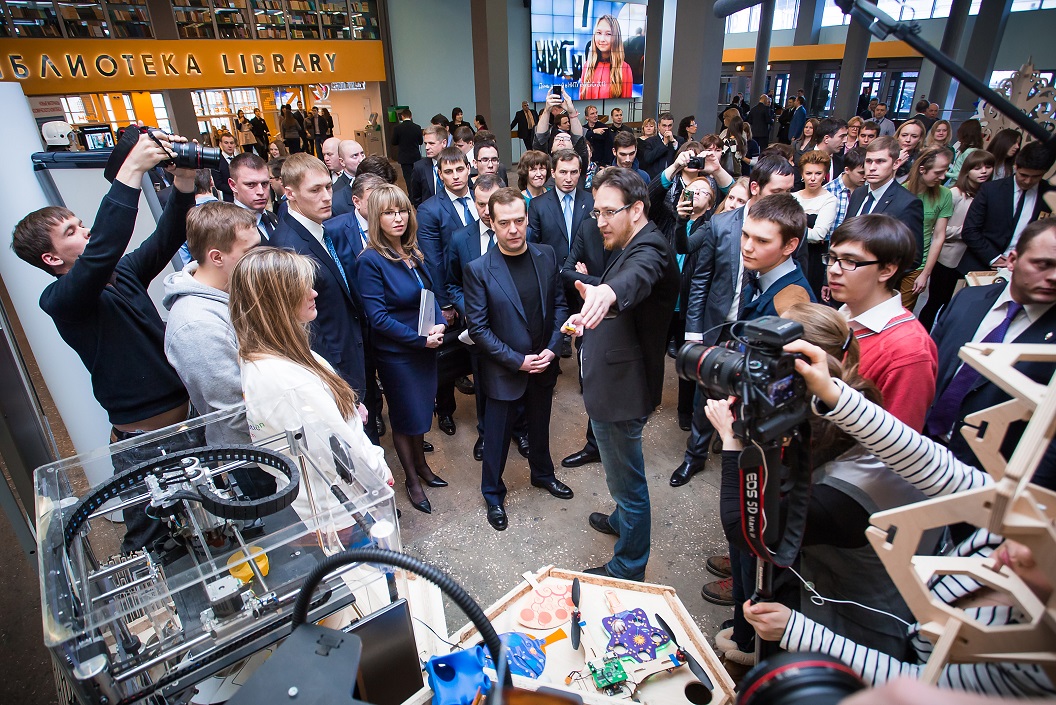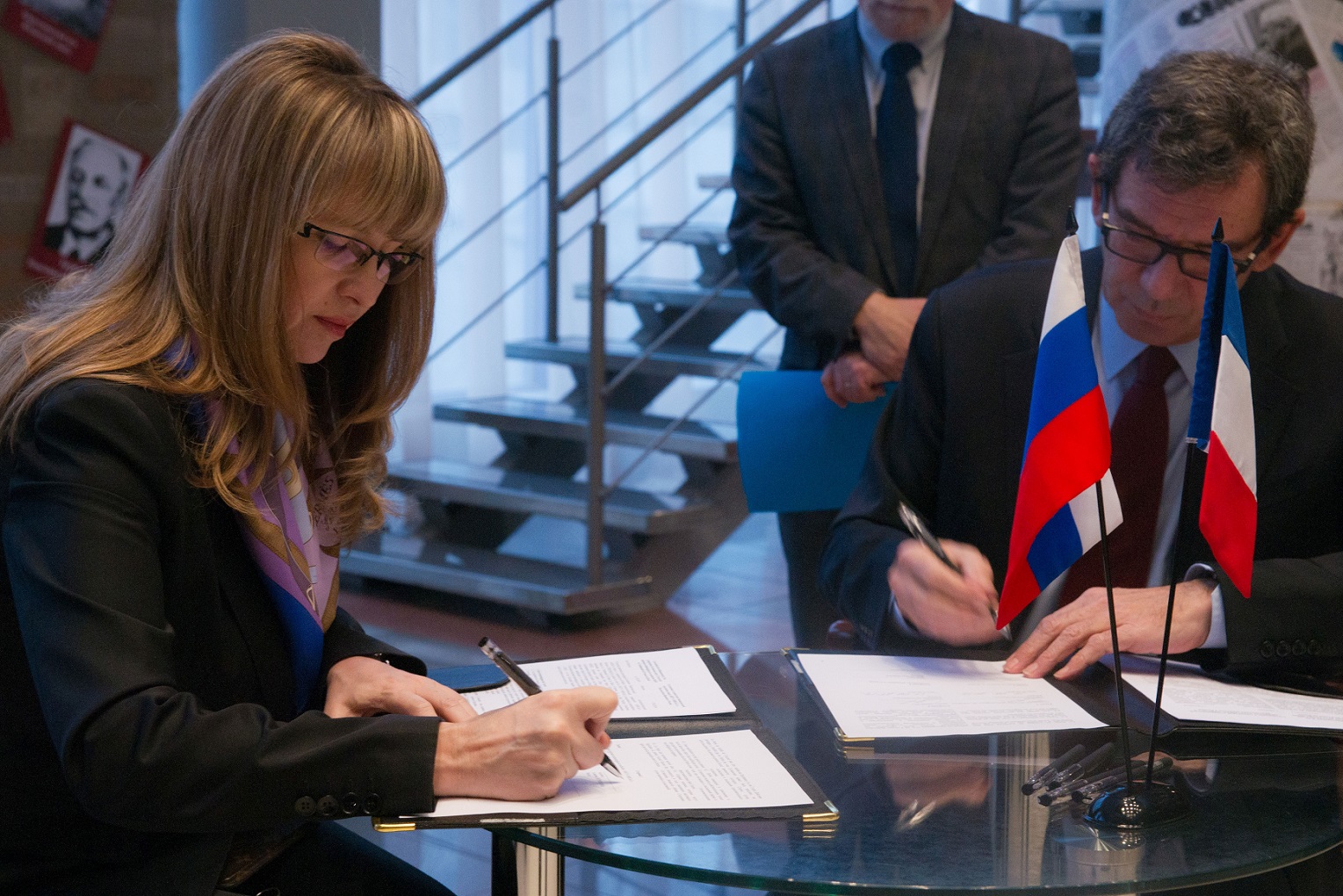S. Hawking address
GUS-2014 Report
Summit Results
Photos
Feedback
Media Coverage
|
Venue - Misis
The National University of Science and Technology "MISiS" traces its history to 1930. Today it is one of the most dynamically developing scientific and educational centers in the Russian Federation. Within its walls professionals in the fields of metallurgy, nanotechnology and new materials, information technology, automated control systems, eco-friendly and energy-saving technology, economics, and management are successfully preparing to meet the demands of domestic and international markets.  The University is comprised of 8 different colleges: Undergraduate Studies; Environmental Technology; New Materials and Nanotechnology; Economics and Industrial Management; Economics and Industrial Management; Information Technology and Automated Control Systems; Information Business Systems; and Lifelong Learning (Continuing Ed). Together these colleges constitute 40 departments. There are also four branches - Stary Oskol, Novotroitsk, Vyksa (Russia), and Dushanbe (Tajikistan). Currently, 9975 students are enrolled at NUST "MISiS". As of December 31, 2013, 24 academic programs, including 4 programs in Economics and Management and 20 in the field of Engineering and Technology, have undergone accreditation. Nineteen of these programs have received the "European Seal of Quality "(EUR-ACE ® label). NUST "MISIS" is the first Russian university to submit a few of its educational programs for accreditation through ASIIN (Akkreditierungs agentur für Studiengänge der Ingenieurwissenschaften, der Informatik, der Naturwissenschaften und der Mathematik or Accreditation Agency for Study Programs in Engineering, Computer Science, Natural Sciences and Mathematics). NUST "MISiS" students undergo training and internships at several world-renowned universities and participate in dual-degree programs. The list of partner universities includes Freiberg University of Mining and Technology (Germany), National Polytechnic Institute of Lorraine (France), Massachusetts Institute of Technology (USA), University of Cambridge (UK), and Dresden University of Technology (Germany). The development of academic exchange programs and participation in international projects makes NUST "MISiS" an attractive place for international students and professors to study, train, and work. There are currently more than 1000 foreign nationals studying or working at MISiS. NUST "MISiS" is a successful example of an innovative university. Considered among the leaders of technological education in Russia, it is also a full-fledged research center. The university is one of a few national universities that conform to the standards of the European System for quality in educational and research activities of ISO 9001.  In 2008 NUST "MISiS" became by Presidential Decree the first Russian university to receive the status of a "national research university." Its employees carry out full cycles of product development: from basic to applied research to the implementation of the final product or technology into production. Due to its high level of expertise in providing education and training, the University was awarded four mega-grants from the Russian Federation government. The proceeds from these grants went toward the construction of modern, world-class laboratories that are supervised by leading scientists with significant international experience. In 2013 NUST "MISiS" became one of the 15 winners of a program implemented by the government of the Russian Federation to increase the international competitiveness of Russian universities. This program, dubbed the "5-100-2020 project", was established with the goal of having five Russian universities be ranked in the top 100 by international ranking services by the year 2020. In fall 2013 NUST "MISiS" successfully defended its roadmap to achieve this lofty goal. The strategic goal of NUST "MISiS" is to become a global leader specializing in metallurgy, materials science, mining, nanotechnology, biotechnology, and information technologies by the year 2020. To accomplish this, the University will need to meet or maintain all the following conditions - provide a high level scientific and technological base, attract world-renowned experts, support a high volume of international academic exchange, and carry out a Strategic Development Plan before 2018.  |












